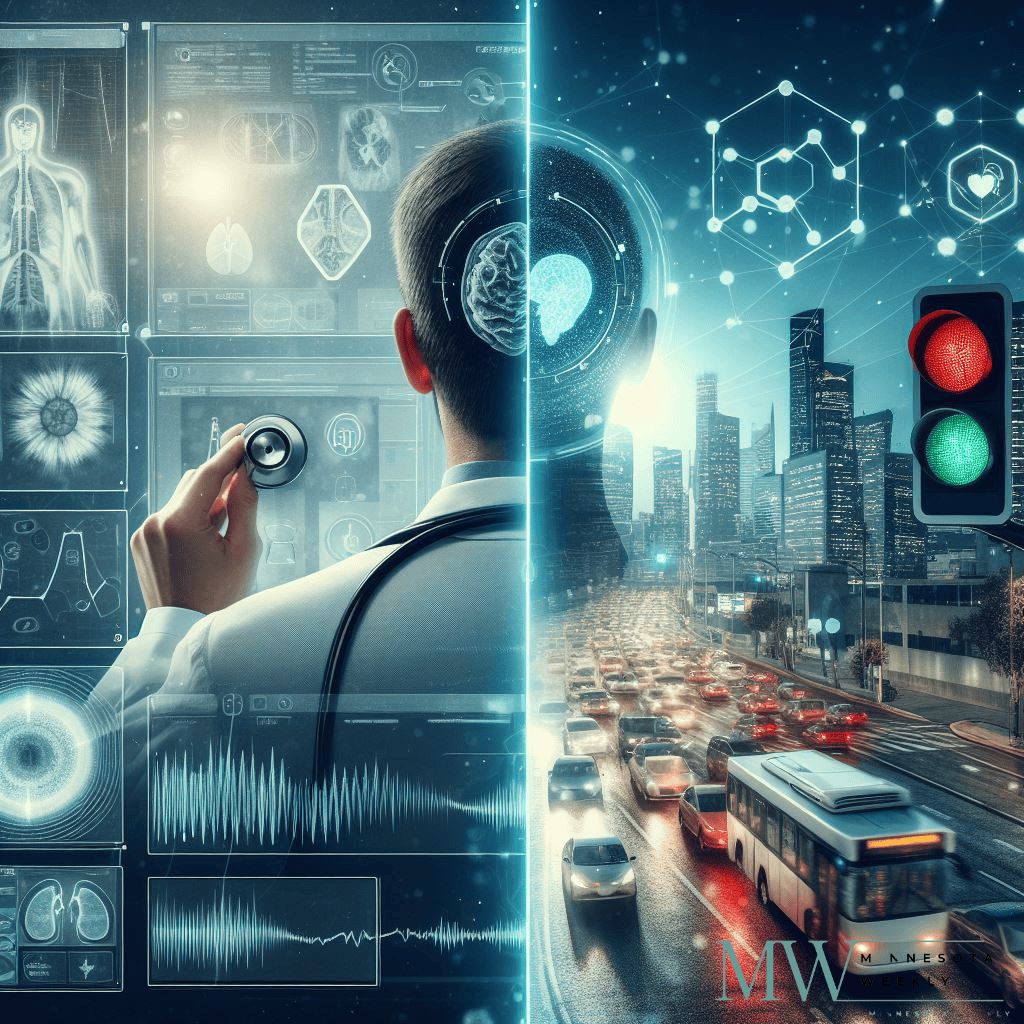Big Data Decoded: 4 Facts You Need to Know
The world is awash in data. Every click, every swipe, every purchase – a digital footprint documenting our lives and interactions. This ever-expanding information ocean is what we call Big Data, a complex and dynamic phenomenon that is revolutionizing the way we live, work, and understand the world around us. But what exactly is Big Data, and how is it being harnessed to unlock the secrets of our digital age?
Demystifying Big Data: From Volume to Value
Big Data isn’t just about the sheer volume of information. It’s also about the variety of data formats – structured databases, unstructured social media posts, sensor readings, and even video footage. This variety presents a challenge: how do we make sense of such a diverse and often messy collection of information? Additionally, the velocity at which data is generated is staggering, requiring sophisticated tools and techniques to capture, store, and analyze it in real time.
Here’s where the magic happens. By harnessing the power of advanced analytics and machine learning, we can extract valuable insights from Big Data. Imagine sifting through millions of customer reviews to identify product trends, analyzing weather patterns to predict natural disasters, or even personalizing healthcare plans based on an individual’s genetic data. The possibilities are truly endless.
Big Data in Action: Transforming Industries
Big Data’s impact is being felt across every industry imaginable. Let’s delve into a few examples:
-
Retail: Imagine a world where your favorite store knows exactly what you need before you do. Big Data allows retailers to analyze customer purchase history, browsing behavior, and social media trends to predict demand, optimize inventory, and personalize marketing campaigns.
-
Healthcare: Big Data is revolutionizing healthcare by enabling researchers to identify disease patterns, develop targeted treatments, and even predict patient outcomes. Hospitals are using Big Data to optimize patient care, reduce costs, and improve overall health outcomes.
-
Finance: Financial institutions are leveraging Big Data to detect fraudulent activity, assess risk, and tailor financial products to individual needs. Big Data is also playing a crucial role in algorithmic trading, where complex algorithms analyze market data to make investment decisions at lightning speed.
-
Manufacturing: Big Data is transforming the manufacturing industry by enabling predictive maintenance. By analyzing sensor data from machines, manufacturers can identify potential equipment failures and schedule maintenance before breakdowns occur, resulting in increased efficiency and reduced downtime.
These are just a handful of examples that showcase the transformative power of Big Data. As technology continues to evolve, we can expect even more innovative applications to emerge in the years to come.
Navigating the Big Data Landscape: Challenges and Opportunities
While Big Data presents immense opportunities, it also comes with its own set of challenges. Here are a few key considerations:
-
Data Security and Privacy: The vast amount of personal data collected and analyzed raises concerns about data security and privacy. It’s crucial to implement robust security measures and ensure compliance with data privacy regulations.
-
Data Integration and Management: Integrating data from diverse sources and managing its storage and processing can be complex and expensive. Businesses need to invest in robust data management solutions to ensure the accuracy and accessibility of their Big Data.
-
Data Literacy and Skills Gap: Extracting insights from Big Data requires specialized skills and expertise. There is a growing demand for data scientists, data analysts, and other professionals who can navigate the complexities of Big Data.
Despite these challenges, the potential benefits of Big Data far outweigh the risks. By addressing these challenges head-on and harnessing the power of Big Data responsibly, businesses and organizations can unlock a treasure trove of insights that will propel them towards success in the digital age.
Big Data: Shaping the Future
Big Data is not just a technological trend; it’s a fundamental shift in the way we think about information. It is empowering us to make data-driven decisions, optimize processes, and gain a deeper understanding of the world around us. As we move forward, Big Data will continue to shape the future across various sectors, from healthcare and finance to retail and manufacturing.
The key to success lies in embracing the opportunities that Big Data presents while mitigating the associated risks. By fostering a culture of data literacy, investing in the right technologies, and prioritizing data security and privacy, we can unlock the full potential of Big Data and build a brighter future for all.
Big Data FAQs
What exactly is big data?
Big data goes beyond just volume. It encompasses the variety, velocity, and veracity of data, including structured (financial records) and unstructured (social media posts) information moving at high speeds with accuracy concerns.
Why is big data important?
Big data unlocks valuable insights that can revolutionize industries like healthcare, finance, retail, and urban planning. It allows for personalized experiences, data-driven decision-making, and scientific discovery.
What are some examples of big data in action?
Imagine doctors using big data to personalize cancer treatment or cities dynamically adjusting traffic lights based on real-time data. Big data is transforming countless fields.
Are there any challenges with big data?
Privacy concerns and ethical considerations are crucial. We need robust data privacy regulations and frameworks to ensure responsible data collection and prevent bias in algorithms.
How is big data used in healthcare?
Big data helps analyze medical records and wearable data to identify at-risk patients, predict disease outbreaks, and personalize treatment plans.
How does big data benefit the finance industry?
Banks leverage big data to assess creditworthiness, detect fraud, and offer personalized financial products, creating a holistic view of a customer’s financial health.
What role does big data play in retail?
Retailers use big data to analyze customer behavior, predict buying trends, and personalize marketing campaigns, ensuring they have the right products in stock and curating targeted recommendations.
How can big data improve our cities?
Cities are deploying big data to manage traffic congestion, optimize public transportation routes, and improve energy efficiency, making them smarter and more responsive to residents’ needs.
Will big data personalize my online experiences?
Yes, big data can personalize educational programs, curate news feeds, and tailor interactions with technology based on your interests and learning styles.
Can big data help with scientific discovery?
By analyzing vast datasets, researchers can unlock new insights in medicine, materials science, and climate change, driving scientific progress.
How will big data impact decision-making?
Big data can provide valuable insights to inform complex decisions across business strategies and public policy, leading to more data-driven and impactful outcomes.
What is the future of big data?
As data analysis tools become more sophisticated and ethical considerations are addressed, big data holds immense potential for innovation and a deeper understanding of ourselves and the world.
Where can I learn more about big data?
This article is a great starting point! Keep exploring online resources and industry publications to delve deeper into the exciting world of big data.













Post Comment